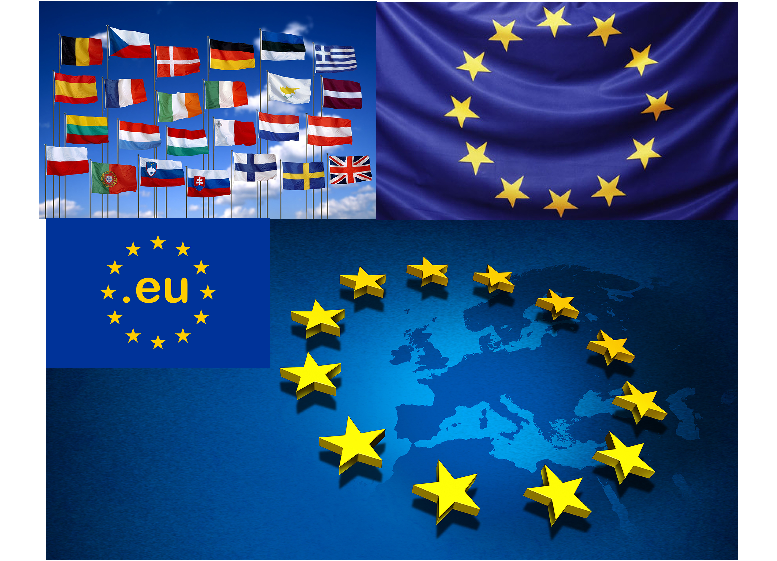The European Union on Wednesday said in supporting Nigeria’s efforts to generate, process and disseminate quality social and financial data nationwide, over eight million Euros (about N1.72bn) has been spent.
Representative of EU delegation in Nigeria, Mr. Omotunde Oni, disclosed this at a 2-day Stakeholders’ workshop for the Validation of the Compendium of Statistical Terms and Framework for Capturing Administrative Statistics in Ministries, Departments and Agencies, MDAs, in Abuja.
On the projects to which the funds were committed, he said EU, under the 10th European Development Fund, EDF, provided support to the Federal Government Public Service Reform, SUFEGOR, programme as well as the Statistics in Nigeria project, a component of the Multi-donor Economy Management Capacity Project, EMCAP, implemented between 2003 and 2006.
Oni explained: “The EU’s contribution to EMCAP was eight million Euros. The expected result of EMCAP included the generation and dissemination of social and financial data for the country as well as the facilitation of period publication and accessibility of data.
“EU is very pleased to be associated with the success of EMCAP, particularly with the output of the project that was produced with the EU financing.
“Such output included the rationalisation of the former Office of Statistics, which staff strength was reduced from about 12,000 to 620 after rigorous resources management exercise.
“About 340 professional staff were produced by that exercise, some of the professionals which stand out from in NBS today are products of the project.”
According to him, capacity building of staff was done through EMCAP in form of training, re-training and study to benefit from best practices from other countries just as support of the EU was also provided for the SUFEGOR programme on the implementation of the National Strategy for the Public Service Reforms, NSPSR.
He disclosed that the National Bureau of Statistics, NBS, the producing agency for the nation’s official statistics and coordinating institution of the National Statistical System, NSS, was one of the beneficiary institutions of the programme.
The EU envoy listed other agencies that benefitted from the programmes to include, National Planning Commission, Office of Head of Service of the Federation, Federal Inland Revenue Service and Bureau of Public Service Reform, BPSR, which served as the implementing Agency.
Expatiating further on the achievements of the SUFEGOR project, Oni, who hinted that the EU’s support to NBS also included National Consumer Survey, Poverty Statistics, Office and Expenditure Review between 2003 and 2006, pointed out that it also supported the social sector statistics such as the formation and dissemination of all welfare education questionnaires.
He noted that with the support from the EU and other donor/development partners, the quality and timeliness of producing national statistics for development had improved significantly.
“It (statistics) has improved from almost zero level in 2002 when statistics were not readily accessible to current situation where a wide range of social and economic statistics are now produced and accessible through the NBS.
“This achievement would have not been possible without the inspiration and leadership of NBS and I want to urge you to sustain it,” he added.
In his opening remarks at the forum, the NBS’ Assistant Director, Field Services and Methodology Department, Mr. Simeon Harry, said the workshop was organised to underscore the importance of the implementation of SUFEGOR project in the country.
According to him, the workshop provided an opportunity for stakeholders to critically appraise reports of the Review of the Compendium of Statistical Terms and the Framework for producing statistics at the MDAs level.
The SUFEGOR project is designed to facilitate the establishment of network of institutions to strength the capacity of NBS in the production as well as the harmonisation and dissemination of social, economic and administrative data nationwide.

